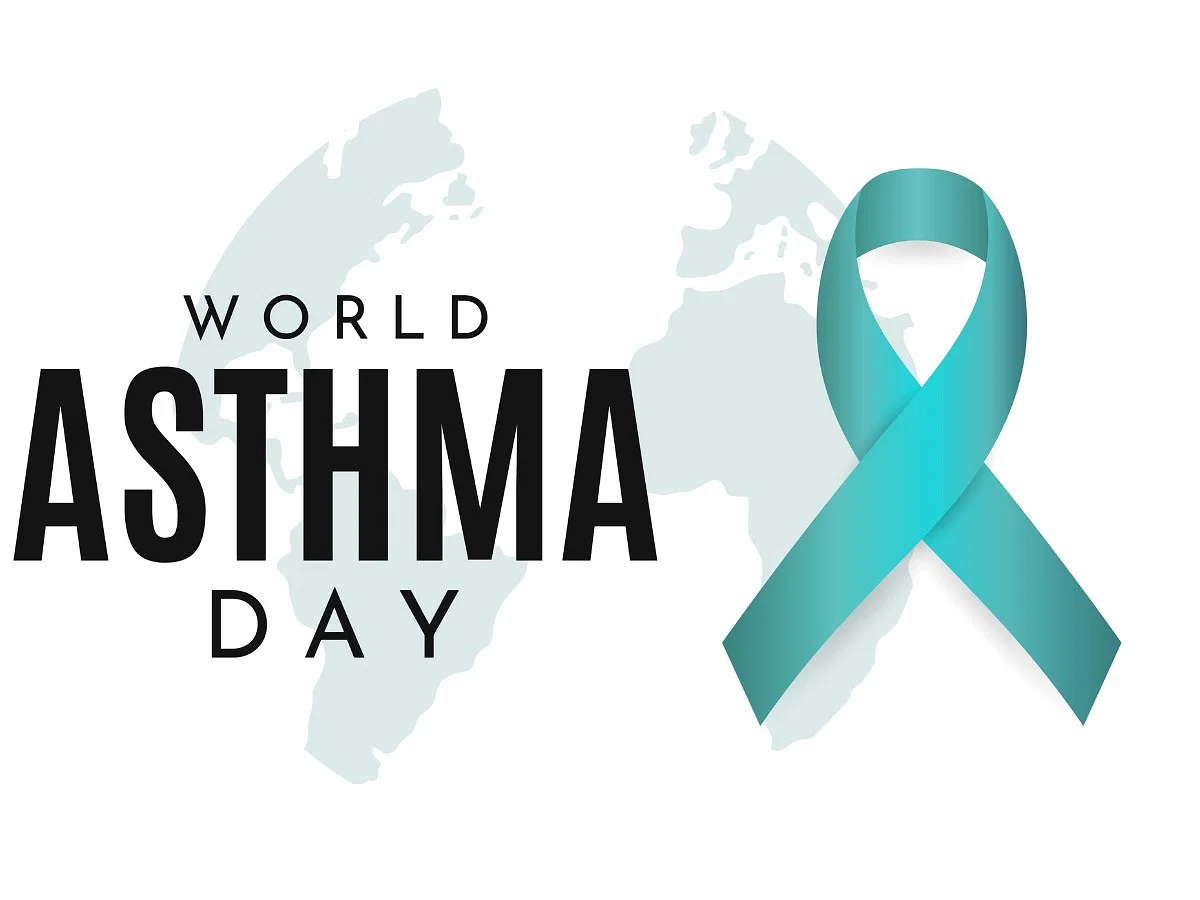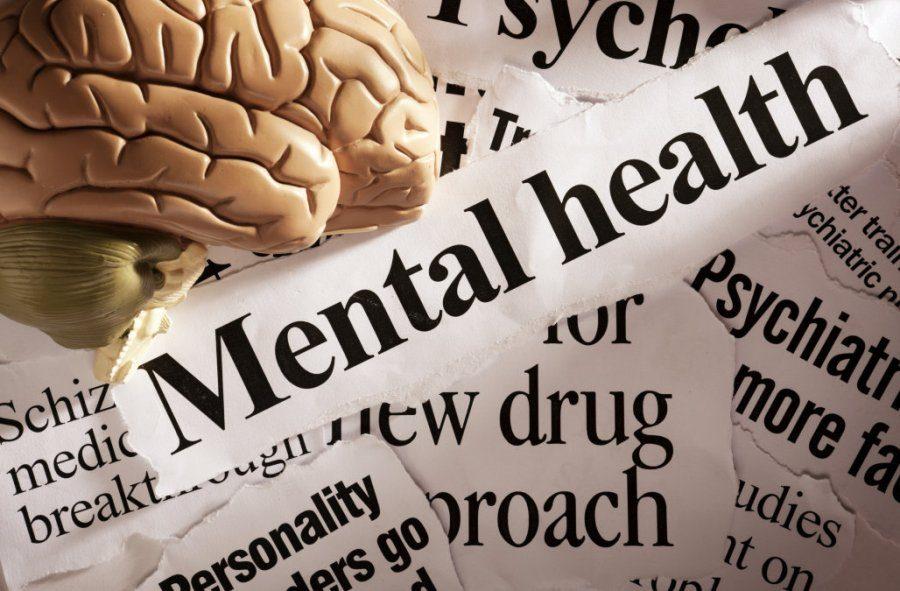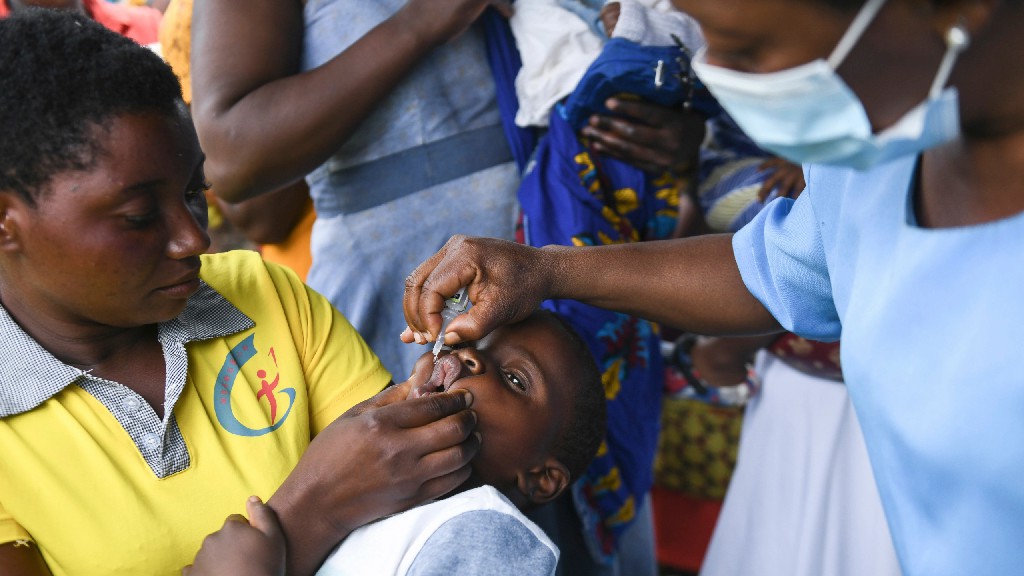By Otu Eunice Ukamaka
In the ever-evolving landscape of societal norms, the subject of mental health has gained significant attention. However, despite progress, an insidious foe continues to persist – the stigma surrounding mental health. This stigma, particularly prevalent among the younger generation, casts a long and dark shadow, affecting individuals’ well-being and hindering the path to understanding and empathy.
The younger generation, often seen as the vanguard of change, faces a unique challenge in dealing with mental health stigma. The pressure to conform to societal expectations and the fear of judgment can lead to silence and avoidance when it comes to discussing mental health issues. This reticence can have profound consequences, as untreated mental health problems may exacerbate over time.
One of the most significant impacts of mental health stigma is the creation of an environment where seeking help is perceived as a sign of weakness. Young minds, already navigating the complexities of adolescence, may hesitate to reach out for support, fearing the repercussions of being labeled as “different” or “broken.” This hesitancy perpetuates a cycle of suffering in silence, hindering personal growth and development. Moreover, the stigma surrounding mental health often contributes to feelings of isolation among the younger generation. The fear of being misunderstood or marginalized prevents open conversations about struggles, leaving individuals grappling with their emotions in isolation. This sense of solitude can amplify the severity of mental health issues, making the journey towards recovery more challenging.
Education plays a pivotal role in dismantling mental health stigma, especially among the younger generation. Incorporating mental health awareness into school curricula and fostering open discussions can contribute to a more empathetic and understanding society. By normalizing conversations about mental health, we can empower young individuals to recognize the importance of seeking help when needed.
Social media, while a powerful tool for connection, also plays a role in perpetuating mental health stigma. Unrealistic portrayals of perfection and the pressure to conform to societal standards can exacerbate feelings of inadequacy among the younger generation. Encouraging a culture of authenticity and embracing imperfections can help dismantle these harmful ideals, promoting a healthier perspective on self-worth. In conclusion, addressing mental health stigma among the younger generation is crucial for fostering a society that values and prioritizes well-being. By promoting open conversations, providing education, and challenging societal norms, we can create an environment where seeking help is not only accepted but celebrated. It’s time to unravel the shadows surrounding mental health, paving the way for a brighter and more compassionate future.

















